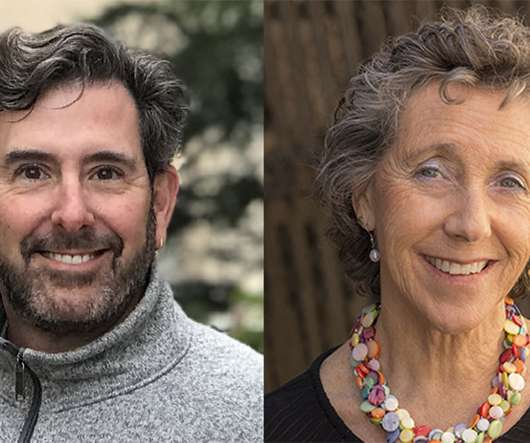Transforming the Culture of Dementia Care: Podcast with Anne Basting, Ab Desai, Susan McFadden, and Judy Long
GeriPal
DECEMBER 2, 2022
Her most recent book is Dementia Friendly Communities: why we need them and how we can create them . It is a heavy load and yet I think all of us here think that it can be lighter when there are supportive programs and community engagements in place. And that’s why we need this community support, I think. Transcript.












Let's personalize your content